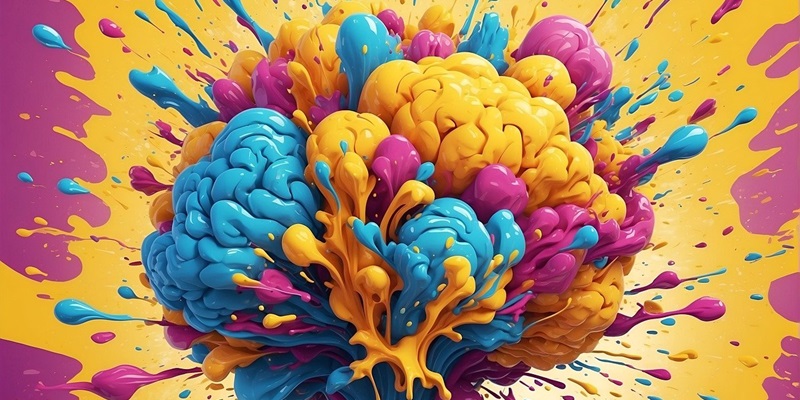The field of creative design is undergoing a profound transformation as businesses increasingly harness the power of artificial intelligence (AI). This technology enables companies to create highly personalized and unique content that resonates with their target audience, thereby driving engagement and boosting brand reputation. In this article, we will explore the impact of AI in creative design, focusing on AI-driven marketing campaigns, AI in the fashion industry, and AI in the music industry. Furthermore, we will delve into the ethical questions raised by AI in creative design and discuss the importance of striking a balance between the benefits and ethical implications of AI’s evolution.
AI-Driven Marketing Campaigns
One of the most significant achievements of AI in creative design is its application in marketing campaigns. By leveraging AI algorithms, businesses have been able to capture consumers’ attention by delivering personalized and engaging experiences. These algorithms analyze large volumes of data, such as consumer behavior and preferences, enabling companies to tailor their marketing efforts to individual customers. As a result, AI-driven campaigns have proven highly successful in achieving higher engagement rates and ultimately boosting conversions.
AI in the fashion industry
AI algorithms have revolutionized the fashion industry, enabling designers to tap into a wealth of data to create strikingly original garments and accessories. By analyzing fashion trends, consumer preferences, and historical data, AI can generate fresh and innovative designs that resonate with customers. This technology has allowed fashion brands to shorten design cycles and reduce costs while still delivering unique and appealing products. By combining human creativity with AI capabilities, designers can push the boundaries of fashion design to new heights, offering customers a diverse and personalized range of options.
AI in the Music Industry
The impact of AI in creative design extends beyond fashion and marketing to the realm of music. With AI algorithms, musicians and producers are breaking creative boundaries and exploring new and exciting music genres. AI can analyze vast amounts of musical data, understanding patterns and styles that have captivated listeners throughout history. By leveraging this knowledge, AI systems can compose and produce music that resonates with diverse audiences worldwide. This fusion of human and artificial creativity has resulted in captivating and groundbreaking music that challenges traditional genres and captivates listeners on a global scale.
Ethical questions raised by AI in creative design
While AI in creative design presents unprecedented opportunities, it also raises ethical questions that we must address. One crucial concern is the proper attribution of AI-generated art, fashion, or music. Should we credit the machine or the human artist involved? This question challenges our perceptions of creativity and the role of AI in the artistic process. Moreover, the impact of AI on the future of creative industries cannot be overlooked. As AI continues to evolve, the way we perceive and value creative work may be redefined, potentially reshaping entire industries and challenging our understanding of the artistic process.
Artificial intelligence is revolutionizing the field of creative design, enabling businesses to create highly personalized content and push the boundaries of human creativity. Through AI-driven marketing campaigns, companies can capture consumer attention and deliver personalized experiences that drive engagement. In the fashion industry, AI algorithms analyze trends and preferences to create original designs, offering customers unique and appealing options. Similarly, the music industry is experiencing a revolution, with AI pushing creative boundaries and generating groundbreaking music genres. However, as we embrace the possibilities AI offers in creative design, it is crucial to strike a balance between harnessing its benefits and addressing the ethical implications it raises. By doing so, we can ensure a future that optimizes the creative process while preserving the essence of human artistry.

